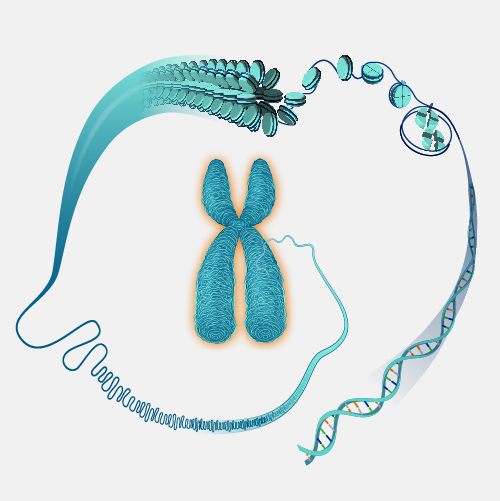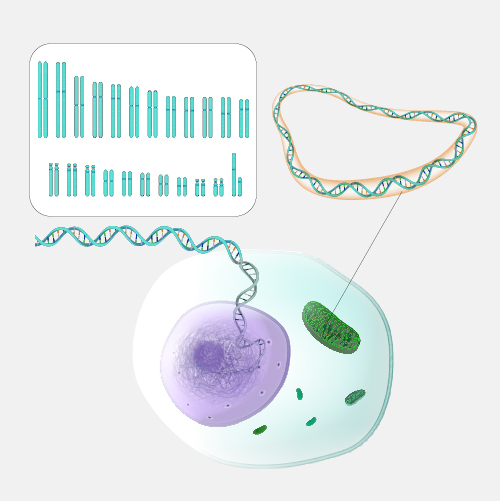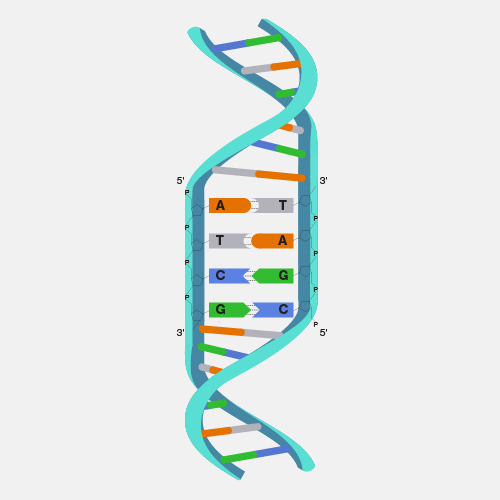
Mosaicism
Definition
Mosaicism refers to the presence of cells in a person that have a different genome from the body’s other cells. This difference could be due to a specific genomic variant, for example, or the addition or loss of a chromosome. The condition can stem from a genetic error that occurs after fertilization of an egg, during very early embryo development, or it could occur later in development. Mosaicism can affect any type of cell and does not always cause disease.
Narration
Mosaicism. Mosaicism refers to an organism or tissue where the cells have distinct genomes and all of the cells originated from the same fertilized zygote. The genomic difference could be as small as a single nucleotide variant or as large as triploid D, which is the duplication of an entire haploid chromosome set. Chimerism is distinct from mosaicism in that chimera cells can also have genomic differences, but they originated from distinct fertilized zygotes.

Director & NIH Distinguished Investigator
Center for Precision Health Research




